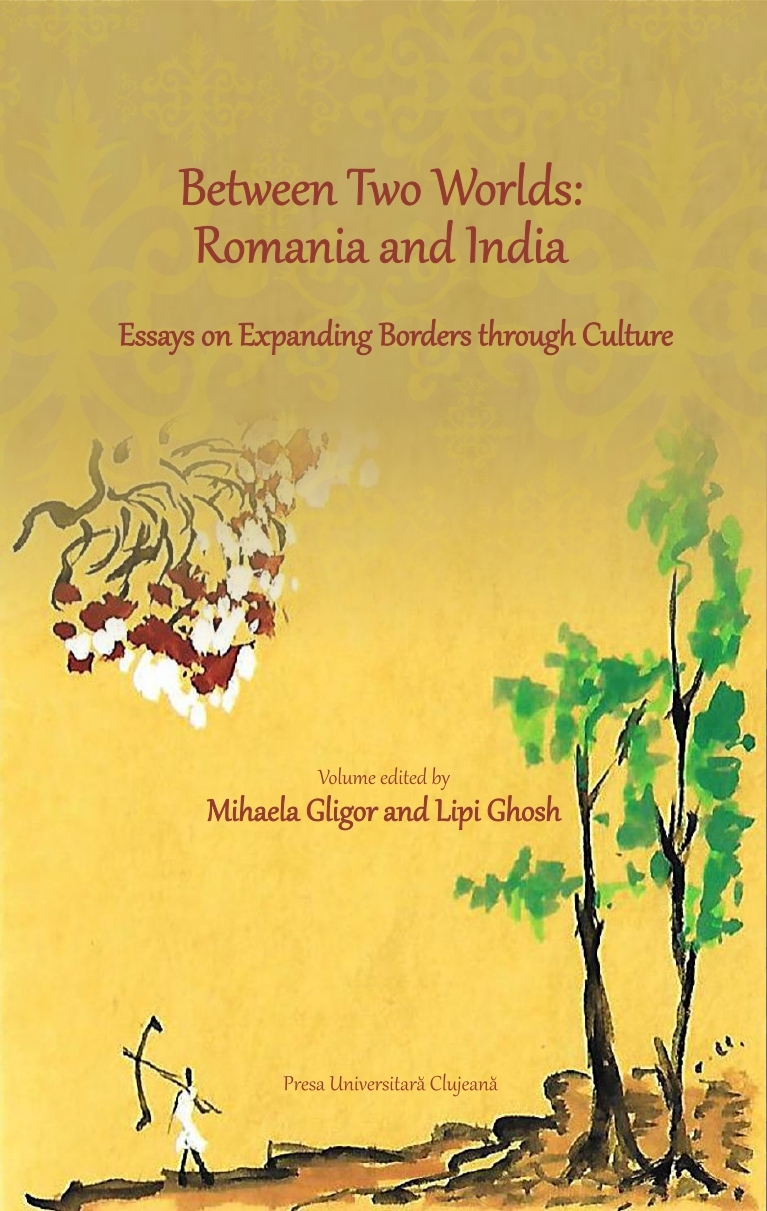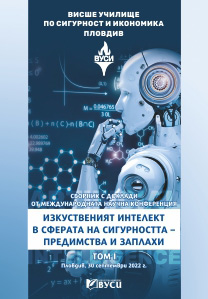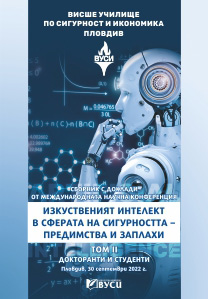
We kindly inform you that, as long as the subject affiliation of our 300.000+ articles is in progress, you might get unsufficient or no results on your third level or second level search. In this case, please broaden your search criteria.


Since the commencement of colonial modernity in India, English, French, and German literature and philosophy have influenced Indian literature. Along with these three major literary spaces, authors also studied new European literature, particularly that of the former USSR republics and small European nations. Translations of literature from Romania, Hungary, Ukraine, the Czech Republic, Finland, Sweden, Denmark, and many more nations have begun to appear frequently in Bengali magazines since the second decade of 20th century. The Bengali literary canon also was being reshaped by such translations and Europe was redefined beyond the established colonial map, as translation appeared as a new cartography. The literary canon of the colonisers was seen as a dominating literary source and the literature of such minor nations was alternative to those. Additionally, Indian minds were attempting to comprehend various European perspectives on World War- I and II at the moment of the shattering of the nations. Amita Bhose, a well-known translator, spent her life translating from Bengali and Sanskrit to Romanian and Romanian into Bengali and created an emotional bond between Romania, her Bengali as well as Indian heritage, and herself. This paper argues Amita Bhose and her works are attached to an emotional bond that causes a translator to find a new home in the world, and a translator may be regarded best as a cultural ambassador. Amita Bhose through her works from and into Bengali and Romanian bridges between two nations and produced a generation of students who essentially become comparatists in various capacities. An international initiative of an individual brought a new dimension in imagining world literature from a particular location and such paradigmatic practices can be argued as an alternative way of doing a non-anglophone, non-canonical literary comparison
More...
The circular economy creates new opportunities by introducing ecological principles in manufacturing. The use of technology and artificial intelligence in the circular economy in the environment will contribute to creating new jobs. Digitalization helps to use resources more efficiently and optimize processes and sustainable growth. The skills of the future are directly related to the digital and green transformation of the economy.
More...
Modern challenges to financial management in the field of health care are related to the organization of the health insurance system. Financial management in health care based on artificial intelligence technologies also brings advantages that arise from the accumulation of a more complete set of knowledge, from the streamlining of the process and the elimination of emotional instability in decision-making, from the reorientation from the routine of activities and dissatisfaction from certain repetitive work tasks to another type of creative activities, from expanding the scope and scale of action, from solving more complex problems in a shorter time, etc.
More...
The current report examines the place of artificial intelligence and its level of development in the field of OSINT, as well as the advantages, disadvantages and dangers associated with it. The report begins with an introductory statement aimed at those unfamiliar with the concept of OSINT and continues with an introduction to its functions, current use, and later its advantages, disadvantages, and dangers. This report does not claim to be exhaustive on the subject and aims only to present the current state of artificial intelligence in the specific field.
More...
Cluster development is important with the specificity of the modern innovative economy as a factor in increasing the competitiveness of agriculture and the agro-industrial complex in general. In this regard, this article explains the development of proposals for the introduction of a cluster system in improving the competitiveness of agricultural products.
More...
Undoubtedly, AI technologies can be applied in various areas of the economy. Regarding the state of health care in the EU countries, Bulgaria is characterized by catch-up development, which requires the creation of appropriate conditions for the functioning of our health system, development and implementation of an adequate health policy. All these questions prompt various researchers to seek and propose new directions for improving the system of financing and management in the field of health care.
More...
For the first time in its history, contemporary society is facing challenges so diverse in nature – from the protracted pandemic of the Covid-19, to the crisis of hostilities in Ukraine; serious challenges based on the energy crisis, and complex economic relations. In this context, the complicated political situation throughout the world seems to be the scene of the search for new solutions in all spheres of socio-political life. In these turbulent times, there is still talk of 'sustainability' – of solutions, policies, strategies. Employers and employees face joint challenges to reconcile sustainability and profitability. This paper aims to present key ideas related to the concept of Green HRM and to highlight some key features in making sense of the applicability of this concept in the practice of modern organisations. It focuses on the current state of Green HRM practices in Germany and Bulgaria, where HRM has been a leading theme in recent years and where good practices and ideas can be drawn out.
More...